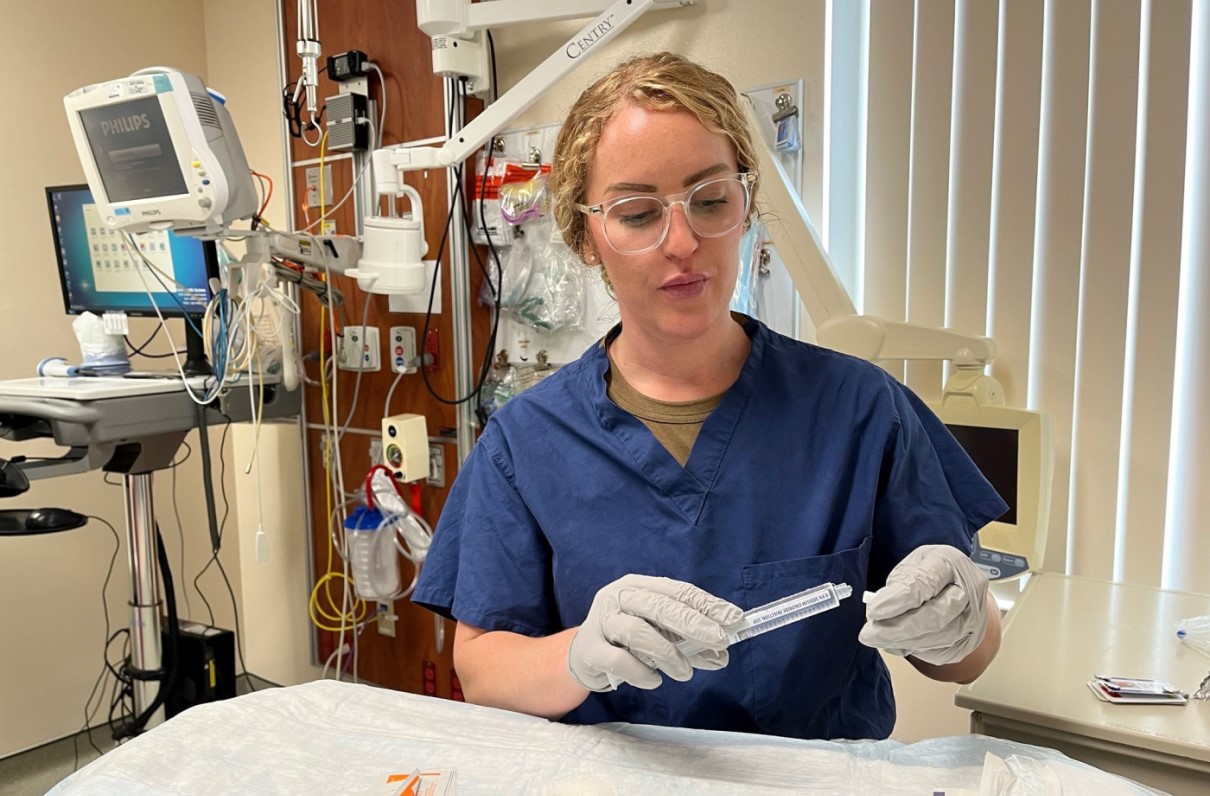Written testimony submitted by the Congressional Budget Office (CBO) to a recent Senate subcommittee hearing on DoD personnel includes several proposals threatening service-earned benefits, such as the introduction of TRICARE For Life fees and minimum out-of-pocket requirements.
While neither the senators nor the witnesses attending the July 26 Senate Armed Services Personnel Subcommittee hearing brought up the CBO testimony, MOAA remains concerned by the proposals’ inclusion. The options also were part of a biennial report from the CBO released last December; at the time, thousands of MOAA members sent messages to lawmakers in opposition to Tricare For Life fee increases.
[TAKE ACTION: Tell Congress You Oppose TRICARE/TRICARE for Life Fee Increases]
Please join us once again in providing a counterpoint to CBO’s written testimony by reminding Congress that our nation has an obligation to provide the health care benefit servicemembers and retirees have earned. You can read more about the proposals at this link, but the bottom line remains stark:
- Proposed TRICARE For Life enrollment fees would cost Medicare-age beneficiaries $575 a year for individual coverage or $1,150 for family coverage.
- Proposed cost-sharing measures would include an $850 deductible, meaning TRICARE For Life would not cover any of the first $850 of a beneficiary’s Medicare cost-sharing.
- After the deductible, the proposed cost-sharing plan allows TRICARE For Life to cover only 50% of the next $7,650 in Medicare cost-sharing, meaning beneficiaries would pay up to $4,675 in cost-sharing per year.
Registering with MOAA’s Legislative Action Center now and sending a message today will not only help prevent TRICARE fee increase concepts from moving ahead, it will ensure you are poised to fight TRICARE fee increases if CBO concepts evolve into legislative proposals.
More From the Hearing
Witnesses from the CBO joined those from the DoD Office of the Inspector General (IG) and Government Accountability Office (GAO) as part of a wide-ranging discussion on personnel-related contracts, including health care. Personnel Subcommittee Chair Sen. Elizabeth Warren (D-Mass.) and Sen. Rick Scott (R-Fla.), the subcommittee’s ranking member, highlighted concerns surrounding waste and abuse.
“Members of Congress – and this committee in particular – have a responsibility to root out waste and price gouging in Pentagon spending,” Warren said. “We owe it to the men and women of the military who rely on us to fund the equipment activities they need to defend us, and we owe it to the taxpayers who foot the bill.”
[RELATED: Watch the Hearing]
MOAA appreciates the committee’s efforts to find efficiencies within the DoD budget, so those dollars are available to support the training, equipping, and compensation and benefits that underpin the all-volunteer force.
In response to a question from Sen. Richard Blumenthal (D-Conn.) on recruiting challenges, Michael Roark from DoD IG underscored the importance of quality of life.
“Health care is an important part of taking care of the soldiers that we have and making sure their quality of life is as good as possible,” said Roark, who serves as deputy inspector general for the office’s Evaluations Component. “I think that efficiencies that we can gain in the health system to make every dollar count are critically important.”
MEDIPLUS® TRICARE Supplement
Works hand-in-hand with your Select or Prime Plan. Count on valuable protection.



